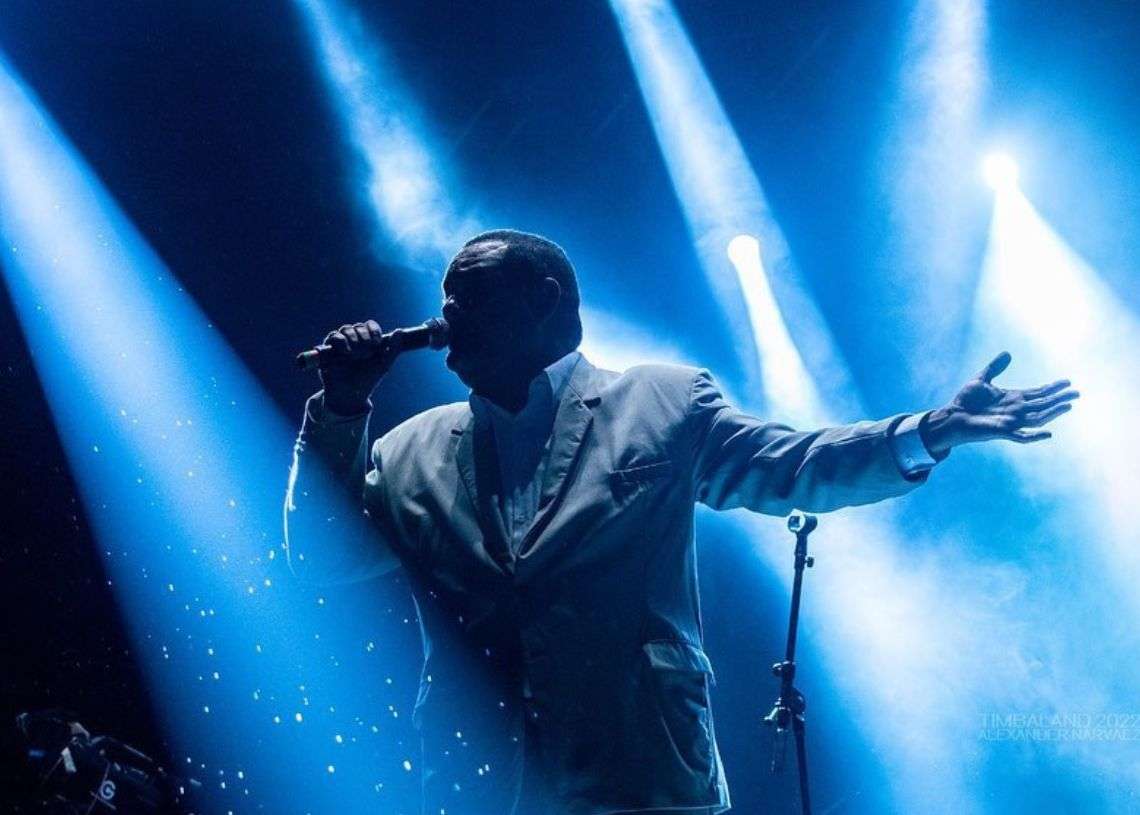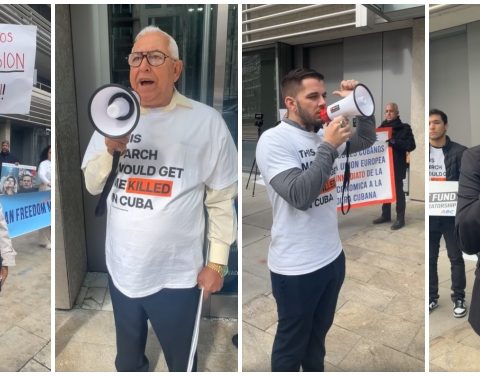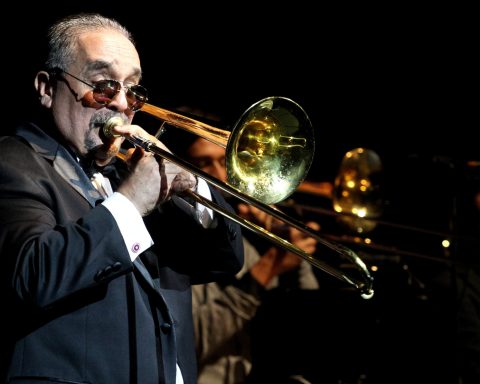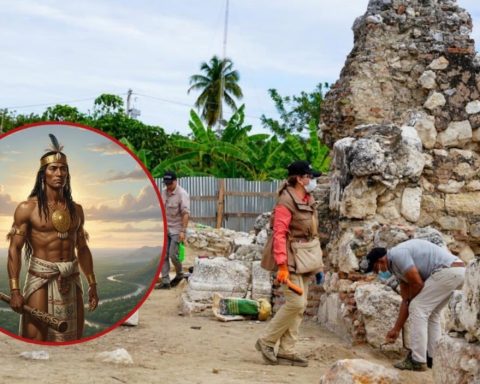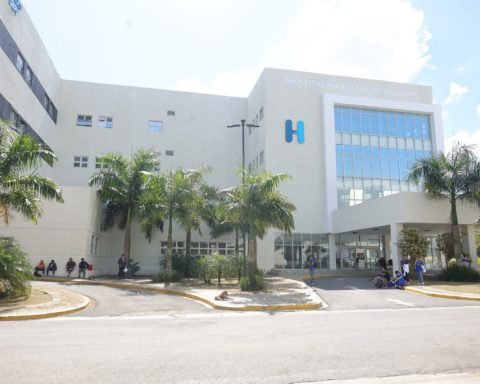During these months Ángel Bonne does not stop; although, to be honest, he hasn’t done it in forty-three years of his artistic career. Last year the song “I thank you” was included in the soundtrack of the successful series The Riveras (the only reality in English about a Hispanic family in the United States) broadcast by NBC Universo. A group of international presentations in Colombia, Chile and other countries keep the musician, singer, composer, arranger, producer active…
Soon we will enjoy the songs included in the album Together, material that he prepares as a tribute to his family and in which the musicians Raúl Verdecia (guitar) participate, among others; Jorge Alexander (bass); Yosvany Betancourt (drums), Alfred Thompson (saxophone) and Isamry Álvarez in the choirs.
The man from Santiago is distinguished, above all, by his versatility and, although for years he dedicated himself exclusively to dance music, what he does today responds more than anything to his own taste and experimentation, musically speaking.
Graduated from the Escuela Nacional de Arte (ENA) with Mozart’s concert for clarinet and orchestra, Bonne also studied at the Instituto Superior de Arte and throughout his career he worked with groups and artists of different styles such as Los Van Van, Galaxia, Santiago Feliú , Beatriz Márquez, the Cuban Orchestra of Modern Music of Santiago de Cuba, and others.
How many topics will it include? Together and under which record label will it come out?
It must be among the ten or twelve topics. So far, nine of my songs and one by Adalberto Álvarez have been selected, who generated a lot of beautiful music within the son, and we have made a version that is out of his style.
Years ago I understood that the record companies were not interested in me. Therefore, I do it with my budget and then I propose it. I can’t sit around waiting for a label to decide. This formula has worked for me and there is a sample of how my music progresses internationally. In the end, that is going to be my destiny: I am not going to be on stage all my life, in a few years I intend to dedicate myself only to the work of music in recording studios or at home, simply orchestrating, composing and collaborating with other people.
After the age of 60, is it more difficult to innovate?
The “innovate” thing is relative and I summarize it with a very colloquial phrase: “The avocado is discovered. You just have to add salt, oil, vinegar and eat it”. If you listen to my music you will see that there is no song that is similar to another. I really feel like composing, I’m not committed to the market, whatever’s in fashion or repeating a formula if something worked for me. I don’t work like that.
Although I have always thought the same, I now reinforce this criterion: I am not interested in living from music, but in living music. At this point in my life, with a lot of intellectual work and study, what I want is to feel satisfied when I do something. Maybe I’m “innovating” and I don’t know it. My place in the history of Cuban music will only be told by time.
Some people think that being the son of the famous Enrique Bonne (National Music Award 2016) decisively determined your results…
Actually, the person who most influenced my development was my uncle Pedro Julio Sánchez, my mother’s brother. It was he who gave me a clarinet when he was 3 years old and took me to do my music exams.
I have never used my father’s recognition to look for opportunities. But of course, many people prefer to believe that my results have been given away. Nothing could be further from the truth: I have studied and I continue to study a lot.
A few months ago we saw a direct transmission from you on Facebook regarding certain attacks on your father. What motivated you?
We may have different points of view. I respect him; but the fact that you have criteria does not give you the right to offend, especially not a man like my father: an essentially ethical, upright being. That was the reason I did that direct.
For years there have been controversies with the rhythm “Pilón”. It is exhausting. My dad has always been a creative guy, he created other rhythms and nothing happened, but with “Pilón”, yes.
the people in the middle [musical] They know that the historical life of composers and authors is to go after the conductors, the singers, so that they record the music, and ask them —or in many cases impose on them— the songs. However, my father has not had to do that. Since the first songs began to be recorded, everything began to flow.
According to what Dad told me, he only spoke to Celia Cruz once and she recorded “Llego la zafra” for him. My father does not know Willy Chirino, nor Ismael Miranda, nor Rafael Cortijo. He spoke with Johnny Ventura on the phone a few months before he died, but they did not know each other. And all these artists recorded my father’s songs.
That success, that fluidity generates terrible feelings in people. We had the historical envious under control and those of us who remain know who they are. But it seems that there is a new “batch” which shows how current Enrique Bonne is at 96 years old.
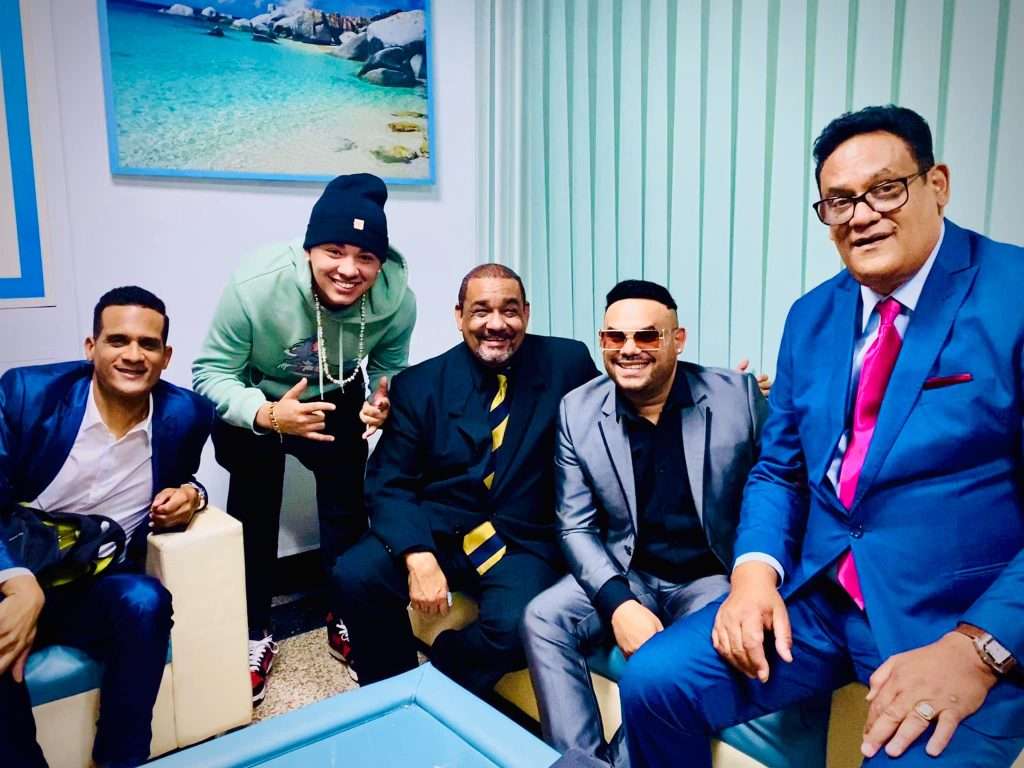
What sparked the controversy?
All part of something that a Frenchman who lived in Los Hoyos, Santiago de Cuba wrote. It was enough for me to read the title to not continue: “El Pilón: a Cuban rhythm of unknown origin”. I can let go of stupid things, but offensive and hurtful comments, no.
We did the impossible so that my father didn’t find out, but a reckless man told him and he was saddened. I will never allow a man who is in the history of Cuban music to be attacked.
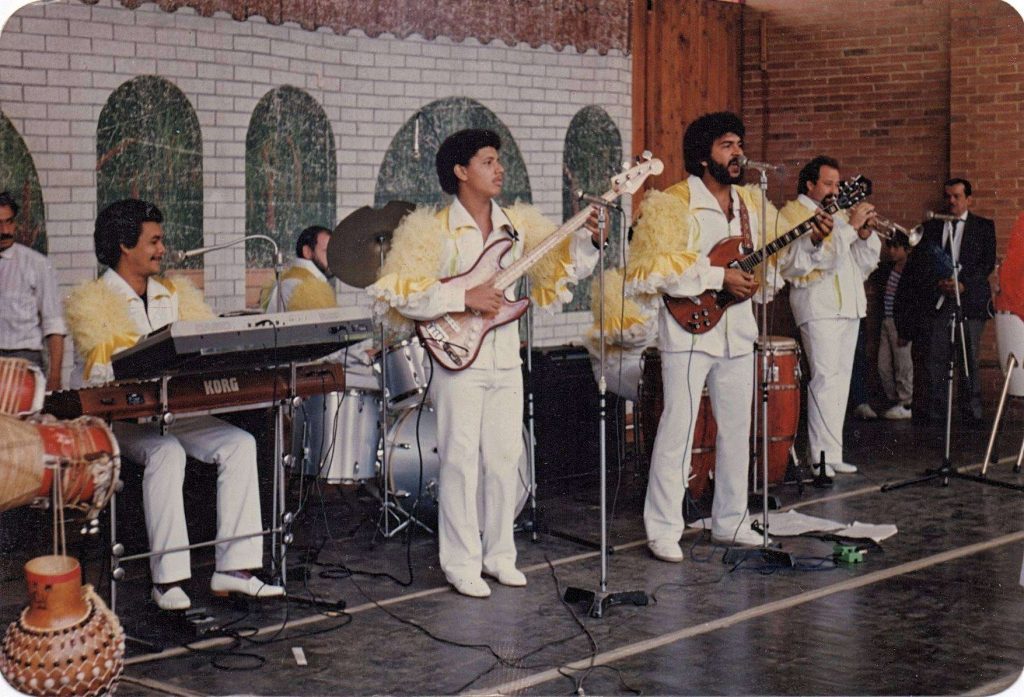
How do you treasure the experiences you’ve had with so many exponents of different genres and styles?
Obviously it was very important to work with them and with someone like Ramón Huerta, a guitarist, composer and arranger who currently lives in Los Angeles (United States). With Galaxia we accompany a lot of people like Annia Linares, Luis Carbonell, Mirtha Medina, Alfredito Rodríguez, Elena Burke, Omara Portuondo…
When I left Los Van Van I made the mistake of only making salsa. I should have devoted myself to what I do now: a mixture of songs and Latin music, jazz…
I am a musician with many edges and making music for dancing limited me because everything is limited to that. Today I sing from the piano and what I do is more like me: I am not a singer, I am a musician who sings.
Firstly, I enjoy playing the piano. I study it a lot and, although I won’t be a great pianist, at least I play my repertoire with dignity and it gives me ease to carry out my project.
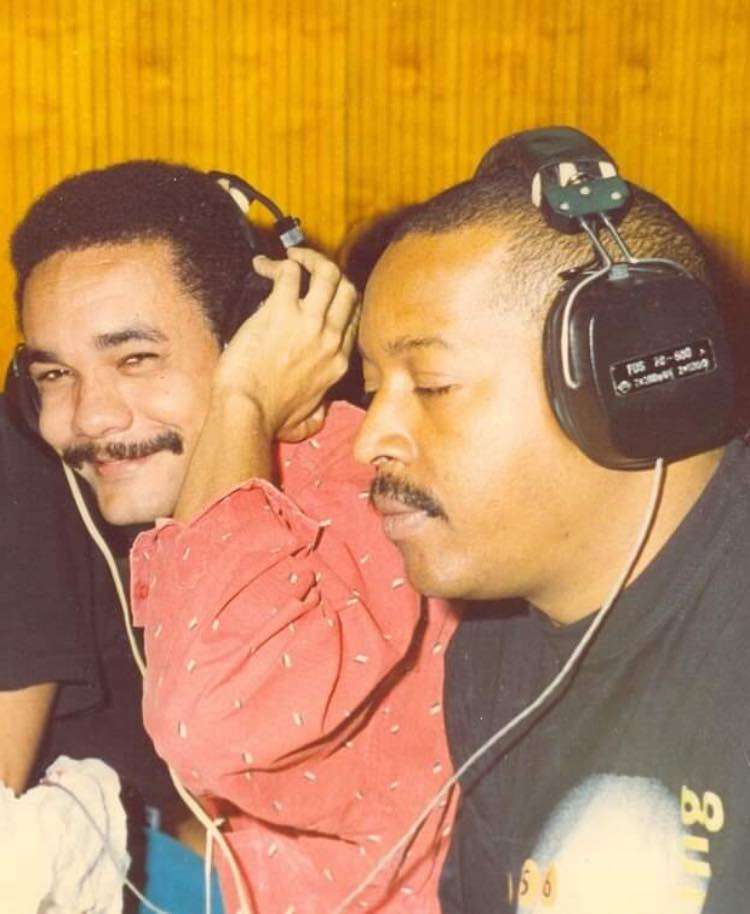
By the way, do you think dance music is in decline?
Dance music in Cuba cannot be in decline because Cuban culture, especially music, is a descendant of purely dance cultures such as Spanish and African. The Cuban reflects things from the dance.
The beginning of the end was the Palacio de la Salsa, which had some economic benefits and capitalized on the so-called top-level orchestras. I lived that, first with Los Van Van and later with my group.
The public that attended were tourists and people who usually “hang around” tourists. That, in my opinion, began to impoverish the genre, not counting the oversaturation.
Then a phenomenon like Manolín “El médico de la salsa” appeared, and in order to compete with him a battle was started: they would attack him and anyone would get on stage. That was the reason for the pull-pull, something very ugly, pathetic. Those things “helped” to discredit and weaken the genre.
But to say that dance music is in decline is not possible. We now have an incentive for better and for worse: reggaeton. It has a tasty rhythm to dance to, but an intrinsic negative philosophy. I think this also contaminated the sauce waters.
I ended up quitting dance music, as I said, for that reason, among other reasons.
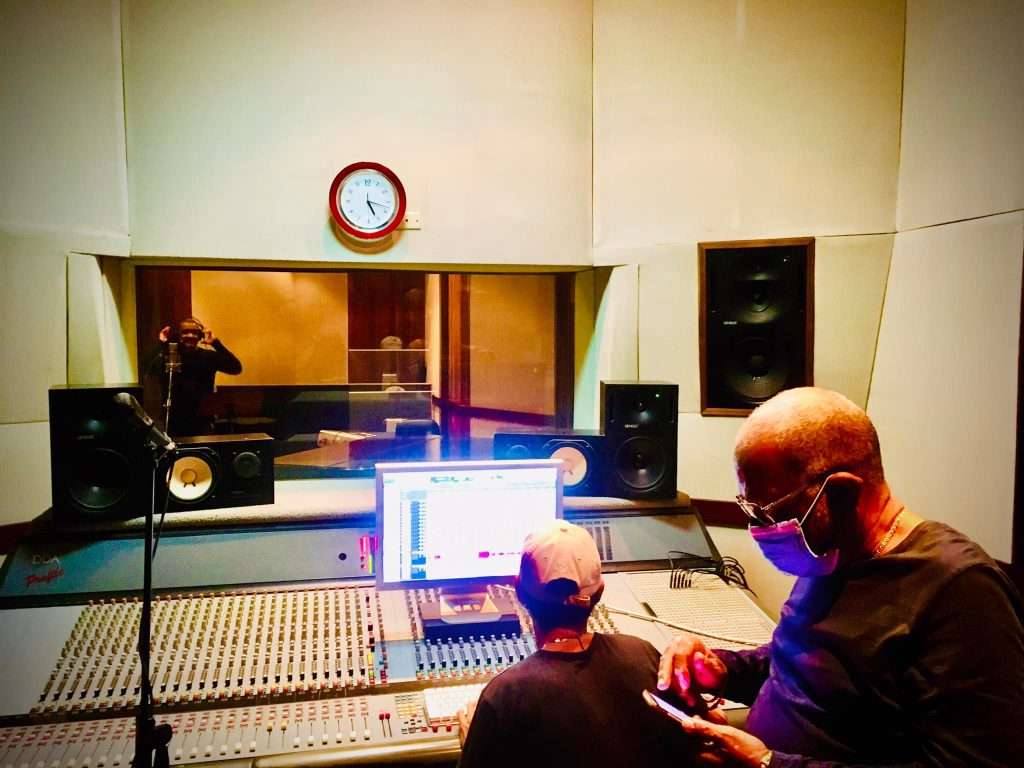
Have your international commitments kept you away from the Cuban stages?
In Cuba it is true that they have not paid attention to me in recent years (I have not made an effort to make them pay attention to me either); but in other parts of the world, fortunately, they are interested in my work. There fits very well the phrase of a song that the Conjunto Chapottín played when I was a child and the chorus prayed: “If you don’t love me, the other one loves me.” I would love to work in Cuba, but things are as they are.
